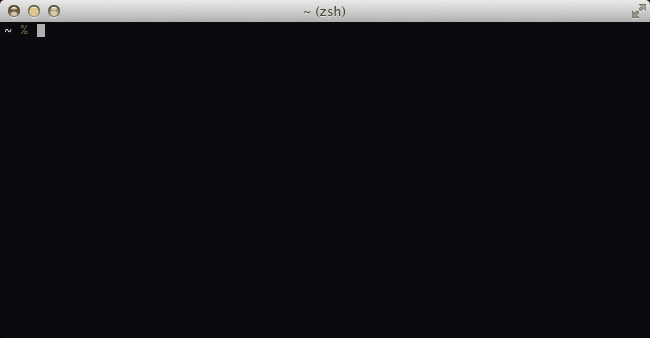Small and large teams alike, there is no question people want Git for deployment. This glorified Git post-receive hook unpacks whatever tree you push to a remote deploy branch.
Let's get started!
$ git clone https://github.com/lericson/git-remote-deploy ~/devel/src/git-remote-deploy
$ cd some_project
$ ~/git-remote-deploy/setup-repo
[follow instructions]
$ git push deploy
BADABING!
While not a wholesale solution for anything but the simplest of projects, it's a decent substrate for making more complicated deployment setups.
So, you push your HEAD to a certain branch and some funky "deploy" happens. What's a deploy?
All the hook does by default is to unpack the code you sent, but--and this is important--the hook doesn't check out your commit as-is, instead it creates a new commit from the same tree. This way, you get a neat and tidy release log:
$ git log --oneline
c7f21d6 Deployed commit 774b6f0
e2a891e Deployed commit 774b6f0
39ecb9a Deployed commit da822ad
There are other reasons for doing things this way, the bottom-line is that deployment is always linear in time: one deploy succeeds the next, whereas your development history is often not so.
The setup script is a convenience, but it needs to use SCP to put the deploy hook into place. For that reason it can be convenient to know how to replicate what the script does.
-
Set up the remote
Push to the branch named
deploy, this is what the hook looks for. (Of course, nothing's stopping you from changing that name.)You probably want to push your local
masterto the remotedeploy, and since it's a deploy repository you probably don't want to fetch from it withgit remote updateand always want to overwrite the remote branch, so follow these steps:git config remote.deploy.url https://megacorp.net/something.git git config remote.deploy.push +refs/heads/master:refs/heads/deploy -
Copy the deploy hook
You need a non-bare Git repository, that is one with a work tree and a
.gitsubdirectory. Deployed code will end up in this work tree.Copy to
repo/.git/hooks/post-receive, and make sure it is executable withchmod +x post-receive. -
PUSH!
git push deploy
If something went wonky, you might want to attempt deploy again. To your distress you notice that because the ref didn't change, no hooks are run and no deploy is retried! Calm down. There are a couple of solutions, like pushing the previous HEAD in between:
git push deploy HEAD^:deploy
git push deploy
The more sensible thing to do, which doesn't deploy the previous version, is to simply delete the ref first:
git push deploy :deploy
git push deploy
Open up src/hook and go nuts -- there are helpful comments in there. The hook is spartan by intent: the aim is not to tell you how to do your job, but rather to help you get it done.
If you find that your project's architectural needs are outgrowing simple Git pushes, you might want to try Capistrano or something like that.
